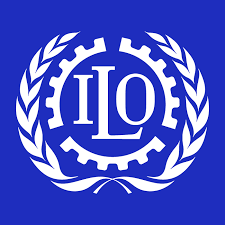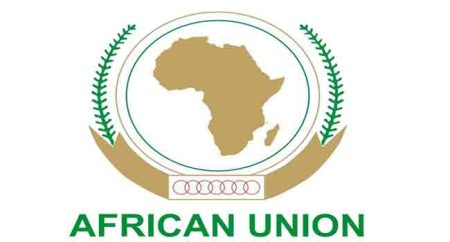Nigeria’s economy is grappling with a critical challenge: spiraling interest rates, exceeding 20%, are exacerbating poverty and severely restricting access to credit, particularly for small businesses and farmers. The Central Bank of Nigeria (CBN), in its attempt to curb inflation through aggressive monetary tightening, has raised the Monetary Policy Rate to 24.75%, resulting in commercial lending rates ranging between 28% and 35%. This high-interest-rate environment has created a significant credit crunch, hindering economic growth and disproportionately affecting the most vulnerable segments of the population. While the CBN’s intention is to control inflation, the unintended consequences are crippling the very sectors vital for employment generation and economic development.
The impact of this policy is particularly devastating for small and medium enterprises (SMEs) and the agricultural sector. SMEs, which form the backbone of the Nigerian economy, are being squeezed out of the credit market, unable to afford the exorbitant interest rates. Farmers, similarly, find themselves struggling to secure financing for the next planting season, leading to decreased agricultural productivity and contributing to rising food prices. This situation fuels a vicious cycle of poverty and food insecurity, impacting millions of Nigerians who are already struggling with multidimensional poverty. The high cost of borrowing further restricts individuals and businesses from accessing funds for crucial investments, expansion, and even basic survival needs, pushing an increasing number of people deeper into poverty.
Ironically, while the real economy suffers, commercial banks are flourishing in this high-interest-rate environment. These institutions are realizing record profits by investing heavily in risk-free government securities and charging exorbitant interest rates on loans, primarily to larger corporations. This creates a distorted financial architecture where banks prioritize their own profitability over the health of the real economy. The focus on short-term gains through government securities and high-yield loans to large corporations starves the productive sectors of much-needed capital, hindering investment in agriculture, manufacturing, and small-scale industries.
This skewed financial system creates a dangerous imbalance, incentivizing banks to lend to the government and large corporations while neglecting the needs of millions of small businesses and farmers. Experts warn that this unsustainable model undermines economic diversification, domestic production, and job creation. Without access to affordable credit, the real sector, responsible for driving inclusive growth and generating employment, will continue to contract, further widening the gap between the rich and the poor. The long-term implications include a stagnant economy, rising unemployment, and deepening poverty. Nigeria risks becoming a rent-seeking economy where financial speculation thrives at the expense of real productivity.
The agricultural sector is facing a particularly acute crisis. Access to credit for smallholder farmers has virtually dried up, leading to a decline in agricultural output and a surge in food prices. Food inflation, exceeding 35%, is driving more Nigerians into hunger and exacerbating the existing food security challenges. The inability of farmers to access affordable credit has a ripple effect on food production and availability, further impacting the livelihoods of millions. This situation underscores the urgent need for a more balanced monetary policy approach that addresses both inflation and economic growth.
The current situation calls for immediate action to rectify the distortions in Nigeria’s financial system. A more balanced approach is required, one that promotes price stability while simultaneously stimulating economic growth. Experts advocate for policies that prioritize lending to the productive sectors, ensuring access to affordable credit for SMEs and farmers. Failure to address these issues could lead Nigeria into stagflation, a combination of economic stagnation and high inflation, with dire consequences for the nation’s economic and social well-being. The focus must shift from short-term profits in the financial sector to long-term sustainable growth driven by investment in the real economy.














